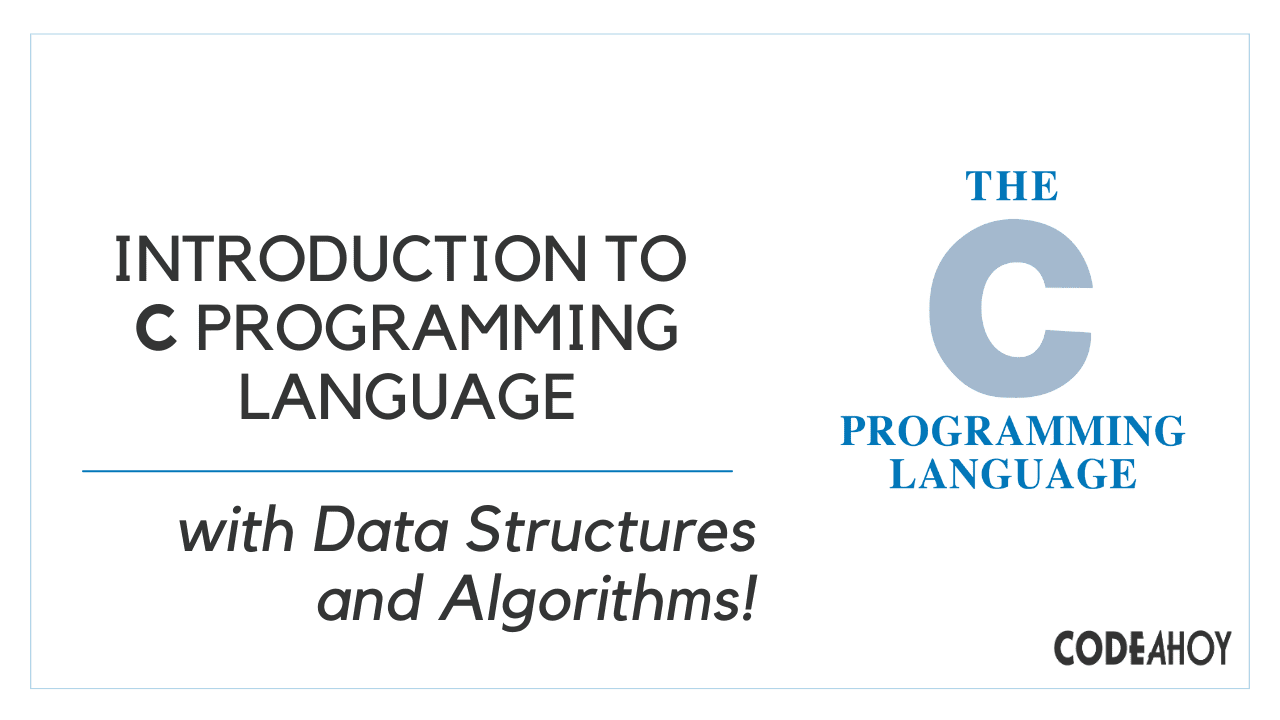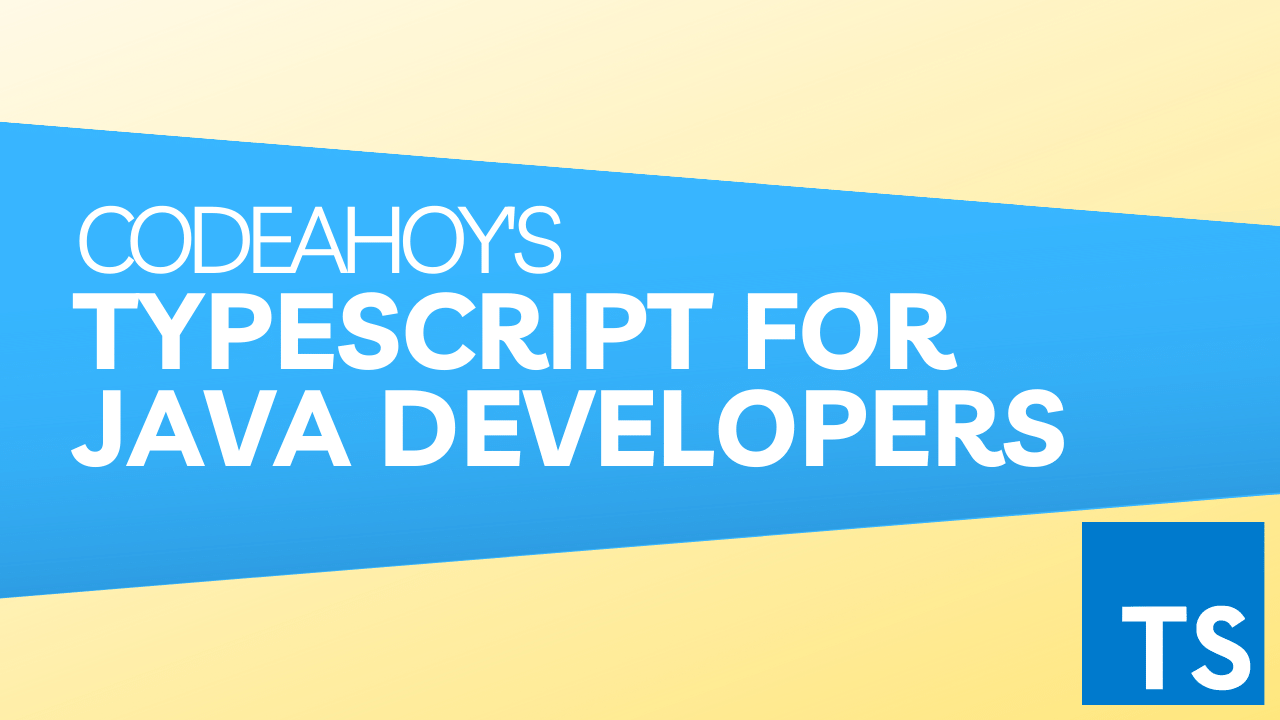Books / C Language Primer for Java Developers / Chapter 6
Command-Line Arguments - Differences between C and Java
If you use the command line to execute a program, you can pass
information to the program via the command-line arguments. For
example, using a Java program called MyJavaProgram, the user might
type the following into the command line:
user@mycomputer> java MyJavaProgram 21 blue
This starts up the main() function of the MyJavaProgram class. A
proper Java main() function takes a String array as its argument,
usually called args. In this case, the args[0] will be “21”, and
args[1] will be “blue”.
To do the same thing in a C program, your main() function should be
defined as follows:
int main(int argc, char **argv) { // command-line args
//...
}
The variable argc means “argument count”. It will simply hold the
number of command-line arguments (including the command to activate
the program). The variable argv (“argument values”) is a little more
complicated, and we will explain the significance of the ** below. For now, it
suffices to think of it as an array of strings holding the command-line
arguments. So if the user runs the program a.out by typing:
user@mycomputer> a.out 21 blue
then argv[0] will be “a.out”, argv[1] will be “21”, and
argv[2] will be “blue”. Using this technique, the C program can
take needed information directly from the command line.



